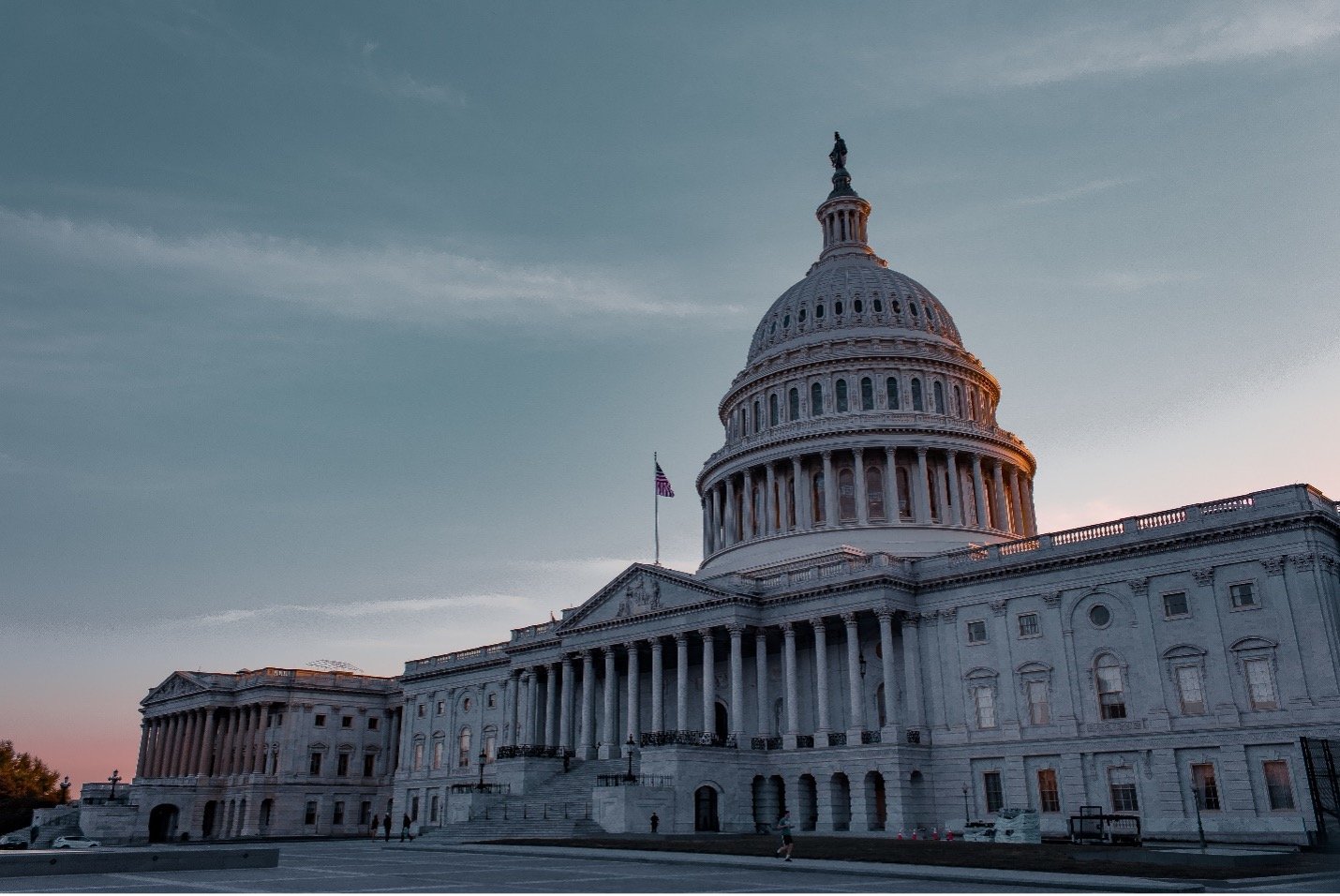Risk Mitigation Strategies for Federal Contractors – Potential Government Shutdown

Key Details: As the fiscal year-end approaches on September 30, government shutdown risk remains a looming threat to the federal contracting marketplace. With the general expectation that Congress will not pass the 12 appropriations bills that fund government operations in time for the new fiscal year, government contractors are encouraged to take action to help minimize the potential impact of a shutdown. Even if Congress enacts a portion of the 12 appropriations bills, agencies without appropriations will still have to shut down. On September 17, a temporary stopgap bill was proposed that would've triggered a 1% cut to current fiscal levels. However, the efforts were stymied, and the bill was expected to be rejected in the Senate if it made it out of the House. As such, government contractors are encouraged to plan ahead to reduce the risks and costs associated with a government shutdown.
The most recent government shutdown occurred during the Trump Administration and spanned from December 22, 2018, to January 25, 2019. It resulted in many federal employees and contract workers being furloughed and placed on temporary leave while essential workers were required to work without pay. The Federal Government also experienced a shutdown during the Obama Administration where the White House was pressured into lower discretionary spending levels. This led to 40% of the federal workforce being furloughed.
With a possible government shutdown still on the horizon, federal contractors may want to consider seeking advice and resources from trusted advisors to navigate the complex employment issues accompanying a shutdown. Government shutdowns will have a varying degree of impact on each contractor depending on their contract and services portfolio. This article is for informative purposes only and should not serve as legal or planning advice – discuss these items with experts and advisors.
Given the complexity of a potential government shutdown, it will be crucial to have a trusted advisor with planning expertise. Contact Ryan & Wetmore today.
What Happens During a Shutdown?
When Congress fails to enact the 12 annual appropriations bills, federal agencies are required to cease non-essential activities because they cannot spend or obligate funds without an appropriation or approval from Congress. Additionally, contract performance may be delayed during a period of government shutdown, and contractors may not be entitled to reimbursement for work performed. The government may issue a formal stop-work order through FAR 52.242-15 or FAR 52.242-15, which can last as long as 90 days. Contractors are encouraged to communicate with contracting officers regularly and to ensure formal documentation for any cost or schedule impacts due to the stop-work order. Furthermore, many contractors may end up furloughing employees and access to federal facilities for contractors may be limited.
There may be a disproportionate adverse effect on T&M (Time & Material) and cost-type contracts as opposed to fixed price contracts due to the contractor's inability to access facilities, access federal personnel, bill hours, incur labor costs, and/or receive incremental funding under certain contract varieties. Contractors are encouraged to review the following key planning steps and considerations to stay ahead.
Key Planning Steps and Considerations
- Communicate with your contracting officer(s)
- Regular communication with your contracting officer(s) is key to ensuring you obtain the necessary approvals to continue work. Action plans should also be created in case of a prolonged shutdown.
- Effective communication with your employees will also lower the long-term impact of a shutdown.
- Communicate with your subcontractors to mitigate costs incurred during the shutdown.
- Analyze your contracts
- Some contracts may be unaffected or less affected by the shutdown so it will be necessary to understand what your specific business situation is.
- Contracts for activities that are considered essential or that are affiliated with agencies that have already been given funding are less likely to be affected.
- Contracts authorized by law are less likely to be affected.
- Wage Considerations
- Non-essential government employees are normally furloughed during a shutdown. Contractors must consider if there are proactive steps to limit any long-term damage.
- Contractors must be mindful of their work and contract obligations under federal and state laws.
- Previous government shutdowns saw contractors requiring exempt employees to take vacation time to cover compensation. This may be a viable solution to mitigate costs.
- Contractors should instruct their employees to not perform work while furloughed as even responding to emails requires salary to be paid for the entire week.
- Working reduced weeks is also an option that can be considered. However, contractors must be aware of salary basis implications.
- Documentation
- Contractors must take proactive steps in determining and documenting which of their contracting activities will cease during a shutdown.
- Some activities may be exempted and may continue with work.
- Documentation is key during a shutdown. If shut down related costs are incurred documentation of key action items will help substantiate and support any potential opportunities for shutdown cost recovery.
- Contractors must take proactive steps in determining and documenting which of their contracting activities will cease during a shutdown.
- Explore Alternatives
- Develop flexible contingency plans surrounding employee arrangements, notifying employees, and strategies on communicating with subcontractors and vendors.
- Consider drawing on your bank line of credit if available. This may help with temporary cash flow issues.
- Review alternative government contracting funding or financing sources or loans available.
- Proposal
- Proposals may not be processed and reviewed during a government shutdown. Contractors should track proposal deadlines and any extensions granted.
- Budgets
- Prepare a cash flow budget to forecast the potential impact and cash needed during a period of shutdown. Determine how much cash is available to cover costs and consider deferring payments if possible.
- Determine how many weeks of payroll your company can cover before cash runs low.
- Advisors and Meetings
- Meet with your Human Resources Director, outside counsel, and advisors to determine an action plan and a timeline. Discussions should include cash flow, billing, and documentation required.
- Meet with your management team to discuss the items listed above and create a communication plan.
- Review your contracts with your legal counsel.
- Determine contracts that will be impacted and review billing and funding terms.
- Some fixed price contracts will be unaffected by the shutdown.
- Some contracts may be unaffected or less affected by the shutdown so it will be necessary to understand what your specific business situation is.
For further information and expertise, contact Ryan & Wetmore today.
Today’s Thought Leaders

About Peter Ryan
Partner, Co-founder, & CPA
Peter T. Ryan co-founded Ryan & Wetmore in 1988 with business partner Michael J. Wetmore. Peter provides clients with the best strategies for success. His expertise extends across various industries. Peter obtained a Master of Business Administration in Finance from the University of Baltimore and a Bachelor of Arts in Accounting from the Catholic University of America.

About Rosie Cheng
Finance Consultant
Rosie Cheng is a Finance Consultant at Ryan & Wetmore. She focuses on government contracting services and produces many of the firm’s government contracting newsletters. Rosie graduated from Georgetown University with a Master of Science in Management and from William and Mary with a Bachelor of Business Administration.


